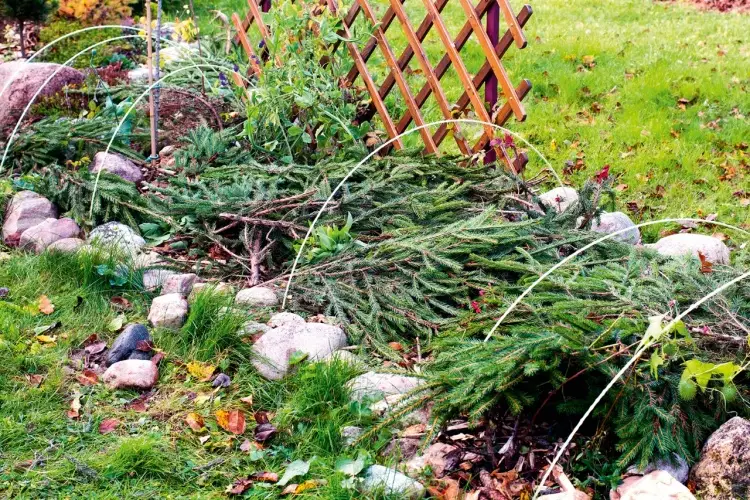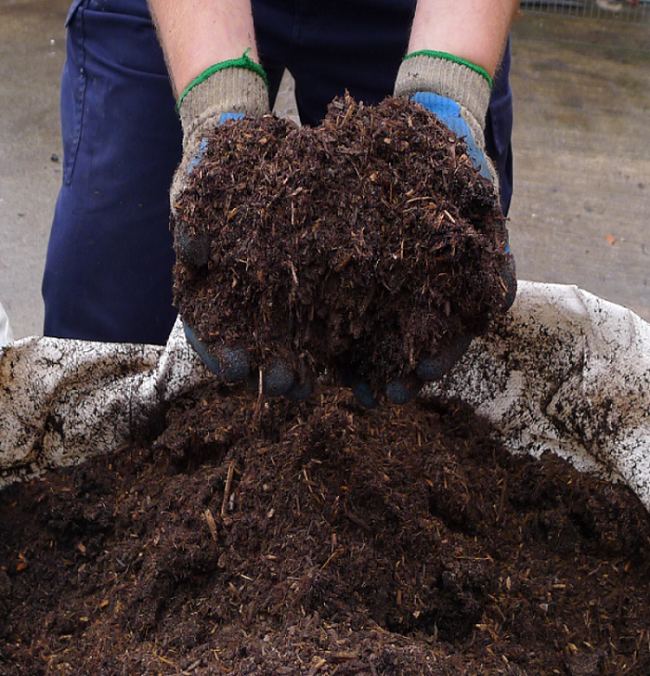What kind of garden soil do I have? The 3 most important soil types at a glance
Contents1 Recognize the different types of soil and know which plants grow best where2 Soil is not just soil3 Some like it light: sandy soils4 Recognizing sandy soil5 How to recognize a medium-heavy soil6 Clay in clay: The heavy garden soil7 Recognizing heavy soil8 To loosen the heavy clay soil9 The right pH value in […]
What kind of garden soil do I have? The 3 most important soil types at a glance Read More »


